Uncategorized
-
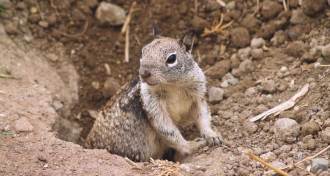 Animals
AnimalsWhy ground squirrels go ninja over nothing
Ground squirrels twist and dodge fast enough to have a decent chance of escaping rattlesnake attacks.
By Susan Milius -
 Climate
Climate‘Storm Surge’ revisits Sandy, looks to future hurricanes
Superstorm Sandy deluged New York City and could be a harbinger of future coastal flooding.
By Sid Perkins -
 Psychology
Psychology‘Survival of the Nicest’ demonstrates altruism all around
Selfishness is not the rule in human society, new book argues.
By Nathan Seppa -

-
 Ecosystems
EcosystemsLessons for the new year
SN Editor in Chief, Eva Emerson, reflects on looking to nature for insights on how to constructively look ahead - even if just a year -drawing from a handful of this issues natural science stories for her 2015 resolutions.
By Eva Emerson -
 Neuroscience
NeuroscienceCold War collaboration probed possible viral cause of ALS
A mid-1960s collaboration between American and Soviet researchers explored a possible viral cause of ALS.
By Beth Mole -
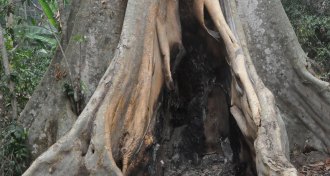 Life
LifeInsect-eating bats implicated as Ebola outbreak source
Insect-eating bats, not fruit bats, may have started the Ebola epidemic.
-
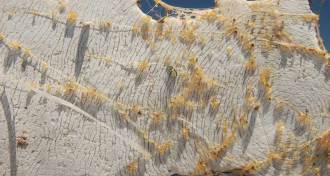 Environment
EnvironmentTrash researcher tallies ocean pollution
Marcus Eriksen has always had a thing for trash, and now he tallies ocean pollution.
By Julia Rosen -
 Ecosystems
EcosystemsDam demolition lets the Elwha River run free
Removing a dam involves more than impressive explosions. Releasing a river like Washington state's Elwha transforms the landscape and restores important pathways for native fish.
-
 Computing
Computing‘The Imitation Game’ entertains at the expense of accuracy
Inaccuracies weaken “The Imitation Game,” an otherwise enjoyable film about Alan Turing breaking the Enigma code during World War II.
By Andrew Grant -
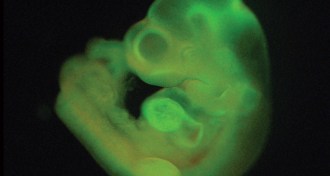 Life
LifeContamination blamed in STAP stem cell debacle
Stem cells supposedly made in acid baths were really embryonic stem cells, investigation finds.
-
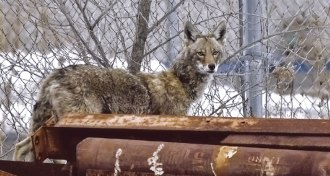 Ecosystems
EcosystemsCities are brimming with wildlife worth studying
Urban ecologists are getting a handle on the varieties of wildlife — including fungi, ants, bats and coyotes — that share sidewalks, parks and alleyways with a city’s human residents.